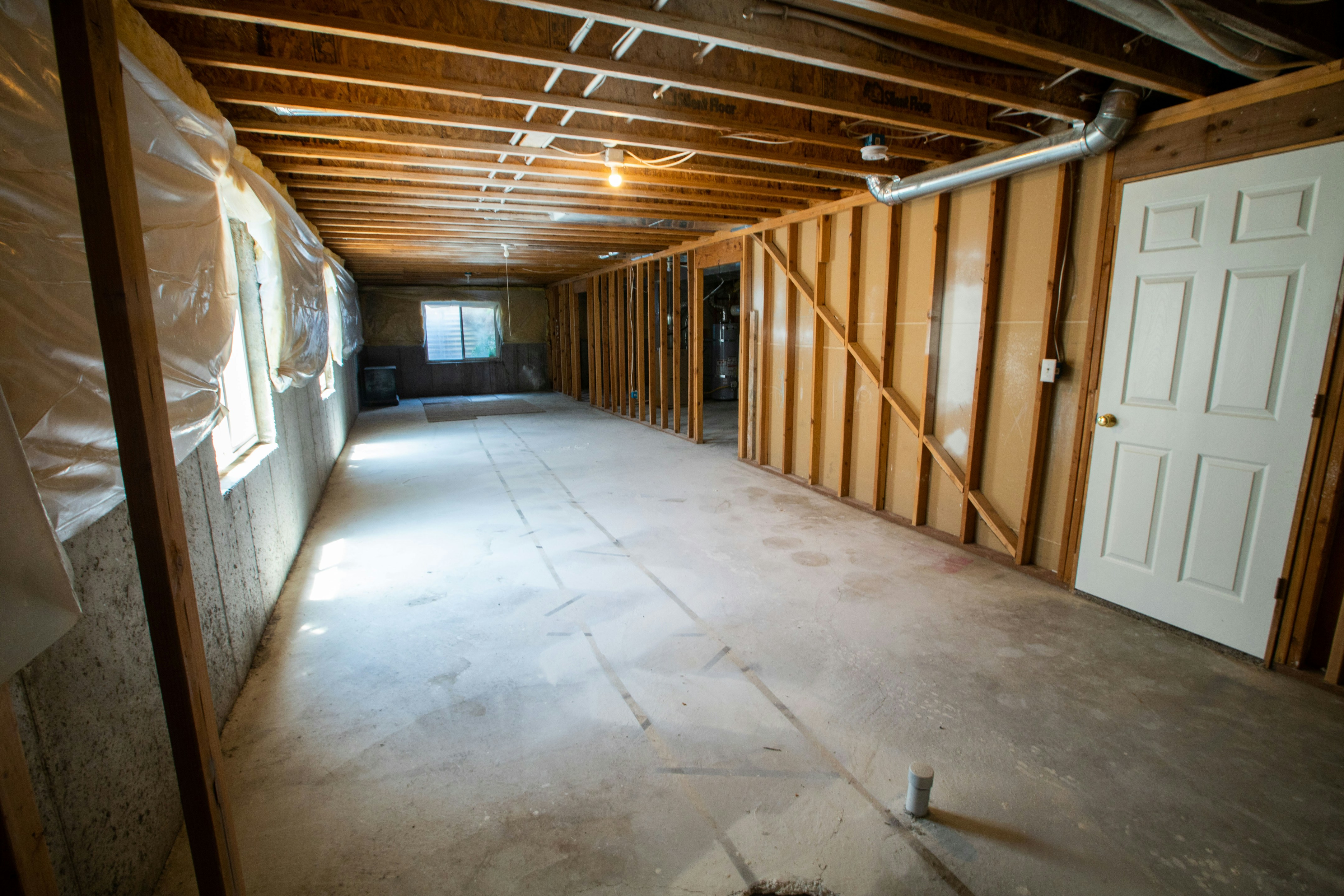Sustainable homes you enjoy living in. Designed with trust, clarity & care.
Prevent and solve legal disputes in the context of home renovations

Those in the know will tell you that home renovations frequently give rise to disputes and conflicts between homeowners and building professionals. The very personal, intricate and complex nature of renovation projects provides MANY opportunities for disagreements.
To name a few: misunderstood expectations, unforeseen complications, or communication breakdowns. Whether it's due to budget issues, differences in design preferences, or delays in project completion, renovations can often be a source of stress and frustration.
Whether you are a client property owner or a building pro providing a service, the ability to prevent, foresee, identify, and resolve conflict will be one of the best tools in your box!
Here are some specific ideas that can help make the execution of home renovation projects smoother:
- Clearly communicate expectations about design, budget and project scope: Establish open lines of communication from the start. Ensure you are clear about what is required and expected. This is best done through design and budget planning. Developing a realistic project proposal allows both homeowners and building professionals to assess the envisaged costs, scope and timeline for the project. Believe it or not, this is where most projects go wrong - from the start. Hiring a designer or an architect who can also project manage will help prevent budget blowouts and legal disputes.
- Written agreements: A written contract is critical to prevent legal disputes, yet many renovation projects unfold without one. A useful contract will include timelines, cost projections, payment schedules, and the specifics of the work. Written agreements can help avoid many unnecessary misunderstandings. For further thoughts on the power of home renovation contracts, read this post.
- Dispute resolution clause: Include a dispute resolution clause in your contract. This provides a roadmap for dealing with any potential disagreements. Having a pre-agreed plan in place rather than trying to resolve conflicts on the spot saves time and energy in difficult situations, which is priceless. Alternative dispute resolution processes such as mediation are simpler, quicker and cheaper conflict resolution channels than Courts. You can find registered mediators on the Civil Mediation Council website.
- Regular check-ins: Schedule regular contractor/clients check-ins. This will allow for ongoing communication and provide an opportunity to address any concerns or issues that may arise. Keeping open lines of communication can help prevent small problems from escalating into larger ones.
- Set realistic expectations: Understand that delays can occur in the construction process. Keep your expectations realistic and be flexible where possible. While this can seem to be one-sided advice targeted at homeowners - it is just as important for building contractors and other trade professionals to understand and act by. What is good for the goose is good for the gander: If there is breathing space built in the timeline to accommodate both clients' and contractors' responsibilities and capacities, there will be fewer "delays".
- Avoid last-minute changes: This is a big one. And it requires explanation. In an ideal world, one tries to avoid making changes once the project has started because changes can lead to delays and cost overruns, which can strain your relationship with the contractor. But avoiding changes altogether is unrealistic. You can, however, plan ahead, thoroughly and clearly discuss design with your contractor to minimise the occurrence of design changes. Last-minute changes of heart are much more likely to happen if not enough time and information went into visualising the final outcome and understanding its costs and working methods implications.
- Respectful interaction: This goes both ways and without saying. Yet, lack of transparency on schedule and costs, lack of consideration for people and their personal space, disrespect through unanswered queries and breach of trust are commonly reported sources of frustrations in the context of home renovation. A positive and professional work environment helps to avoid conflicts. We can argue that the personal nature of home renovations adds extra layers of vulnerability that should not be underestimated. At the end of the day, what I hear homeowners and contractors wish the most is to feel that each cares about the project and the people involved in it.
- Prompt Payments: Stick to the payment schedule outlined in the contract. A payment plan agreed upon between the homeowner and contractor before the project begins is crucial for conflict prevention. This schedule should be followed strictly to avoid any delays or misunderstandings. Additionally, make sure to keep a record of all payments made for future reference and in case of any disputes. Remember, prompt payments help maintain a positive working relationship with your contractor and ensure they continue delivering quality work. Read The Place Between's post on how making a payment plan helps smooth project execution here.
The Place Between was set up to address the high occurrence of legal disputes in the home renovation sector. Design, contractor hire, and project management are the core of The Place Between's approach to supporting enjoyable and sustainable renovations. For more details on how this is achieved, see the About page
Also check the page about online and in-person services for homeowners and building professionals (including conflict resolution).
#EcoFriendlyRenovation #HomeTransformationTips #SmallSpaceMakeover #KitchenRefresh #BathroomRevamp #RusticRenovation #UrbanHomeUpgrade #OldHomeNewStyle #SustainableRenovation #DIYHomeRenoGoals
#ConflictFreeReno #PeacefulProjectManagement #HarmonyInHomeImprovement #DisputeFreeDIY #SmoothRenovationJourney
